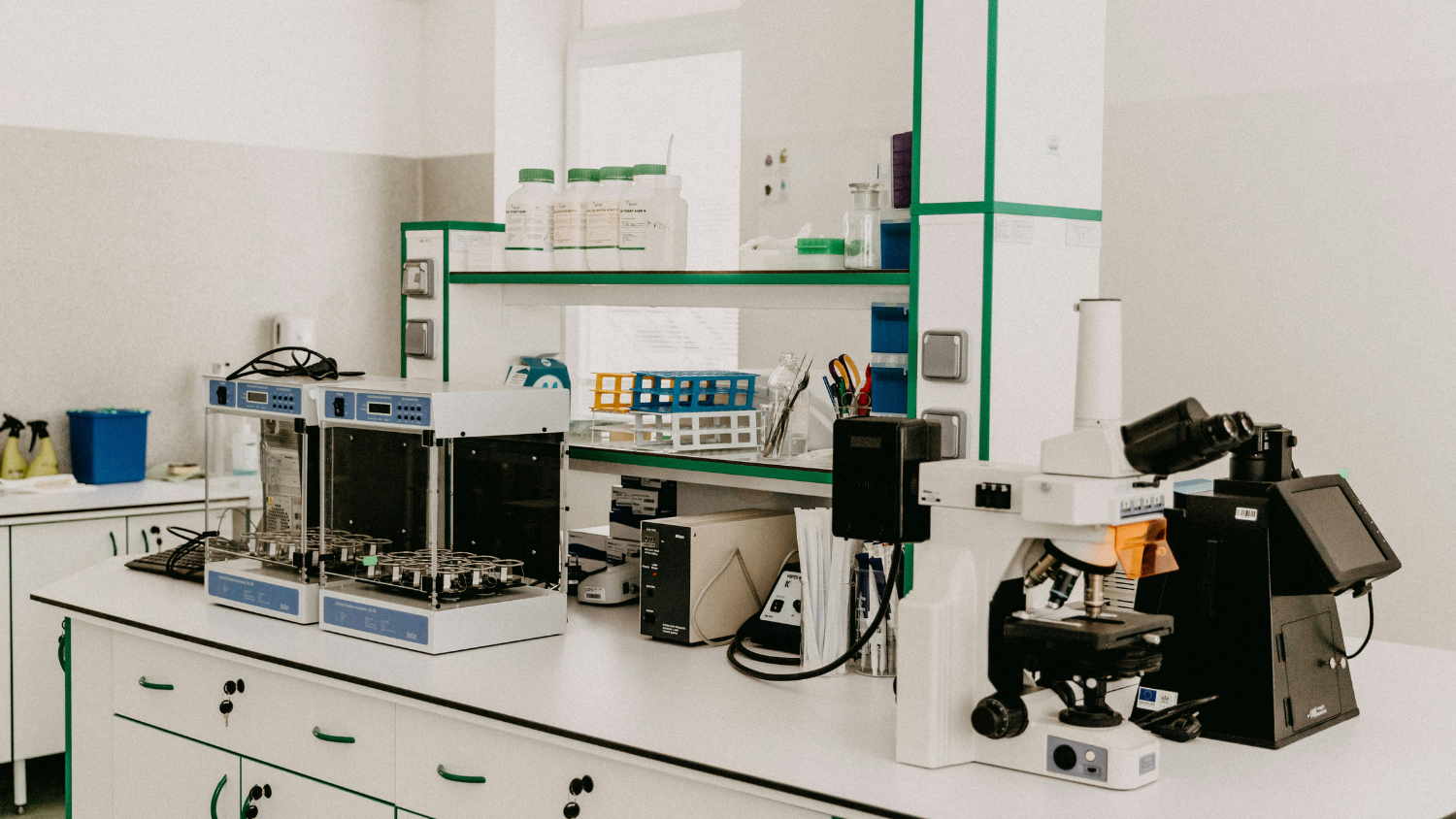Spotlight on Bismuth: A Low-Toxicity Metal with Untapped Potential in Quantum Devices, Green Electronics, and Medical Imaging
.png?width=50)
Bismuth is a heavy metal with an unexpectedly light environmental footprint. Unlike its toxic cousin lead, bismuth is non-toxic and bio-safe—earning it a place in some of today’s most innovative research, from quantum devices to green electronics.
At Advent Research Materials, we supply high-purity bismuth (99.99%) in lab-ready formats, helping researchers and developers explore its full potential in science and technology.
Bismuth might not be the first material that comes to mind in advanced research—but it’s quietly gaining ground in some of the most forward-looking fields in science.
With its unique combination of properties—extreme diamagnetism, low thermal conductivity, and excellent stability under temperature and magnetic stress—bismuth is proving valuable in a range of high-tech applications.
Why Bismuth?
Bismuth (element Bi, atomic number 83) stands out for several unusual traits:
- Strong diamagnetism – the highest of any metal
- Low thermal conductivity – ideal for managing heat in electronic systems
- High density and atomic number – useful for radiation shielding
- Excellent stability – even under extreme magnetic fields and low temperatures
- Non-toxic – a safer alternative to lead in lab environments
These properties make it uniquely suited to scientific R&D across several key domains.
1. Bismuth in Quantum Devices & Condensed Matter Research
In ultra-thin form, bismuth displays quantum effects that remain stable from −273°C up to room temperature—even under strong magnetic fields. This makes it a candidate for next-generation quantum devices and topological insulators, which could revolutionize low-energy computing and spintronic technologies.
- Topological insulators & spintronics: Thin bismouth crystals exhibit stable quantum surface states under extreme magnetic fields and low temperatures, making them prime candidates for energy-efficient quantum computing.
- X-ray microcalorimeters: Bismuth serves as an absorber in high-resolution sensors. A study highlights that electroplated bismuth avoids undesirable low-energy spectral tails seen in evaporated films, enhancing sensor fidelity
A 2025 study by McGill University found that 2D bismuth flakes demonstrated electrical stability under extreme conditions, challenging long-standing assumptions in solid-state physics and opening new paths in materials design for quantum systems.
2. Bismuth in Green Electronics & Thermoelectrics
Bismuth is increasingly used in lead-free solders, a safer and more environmentally friendly option for circuit assembly. It also appears in early research on thermoelectric devices—where heat is converted directly into electricity—which are essential in improving energy efficiency in electronic systems.
Bismuth telluride (Bi₂Te₃), for example, is a well-studied thermoelectric material, widely used in prototype applications aiming to reduce energy loss in computing and energy harvesting.
3. Bismuth in Medical Imaging and Diagnostics
Bismuth’s high atomic number makes it effective at absorbing X-rays, while its non-toxic nature makes it safe for use in contrast agents, radiology shielding, and even nanoparticle-based imaging. Unlike traditional lead shielding, bismuth composites are lighter and safer to handle.
It's also used in pharmaceutical formulations, such as bismuth subsalicylate, commonly found in over-the-counter gastrointestinal medications.
- CT & X-ray contrast agents: Bismuth nanoparticles (NPs) have superior X-ray absorption and prolonged circulation time relative to iodine, enhancing imaging clarity with lower doses.
- Radiotherapy sensitisers: Bismuth nanoparticles (NPs) have gained attention for the high X-ray absorption of bismuth elements with acceptable biocompatibility, showing their potential to be translated into commercialized CT contrast agents. Bismuth NPs boost radiation dose to tumors while minimizing harm to healthy tissue PubMed.
- Traditional pills: Bismuth subsalicylate (e.g., Pepto-Bismol) is FDA‑approved for diarrhea and upset stomach, and forms part of Helicobacter pylori treatment regimens
4.Bismuth-Based Catalysts in Green Chemistry
In organic synthesis, bismuth compounds are gaining interest as eco-friendly catalysts that replace more hazardous transition metals like mercury and cadmium.
They’re already being studied for oxidation reactions, aldol condensations, and multicomponent synthesis, supporting a broader shift toward greener laboratory practices.
Supporting Your Research with Reliable Bismuth Supply
Whether you're exploring energy-harvesting thermoelectrics, developing radiation-safe imaging materials, or prototyping spintronic devices, Advent can supply the consistently pure, lab-scale quantities you need to move forward.
To request a quote or ask about a specific format, email us at info@advent-rm.com or visit our Bismuth product page.
